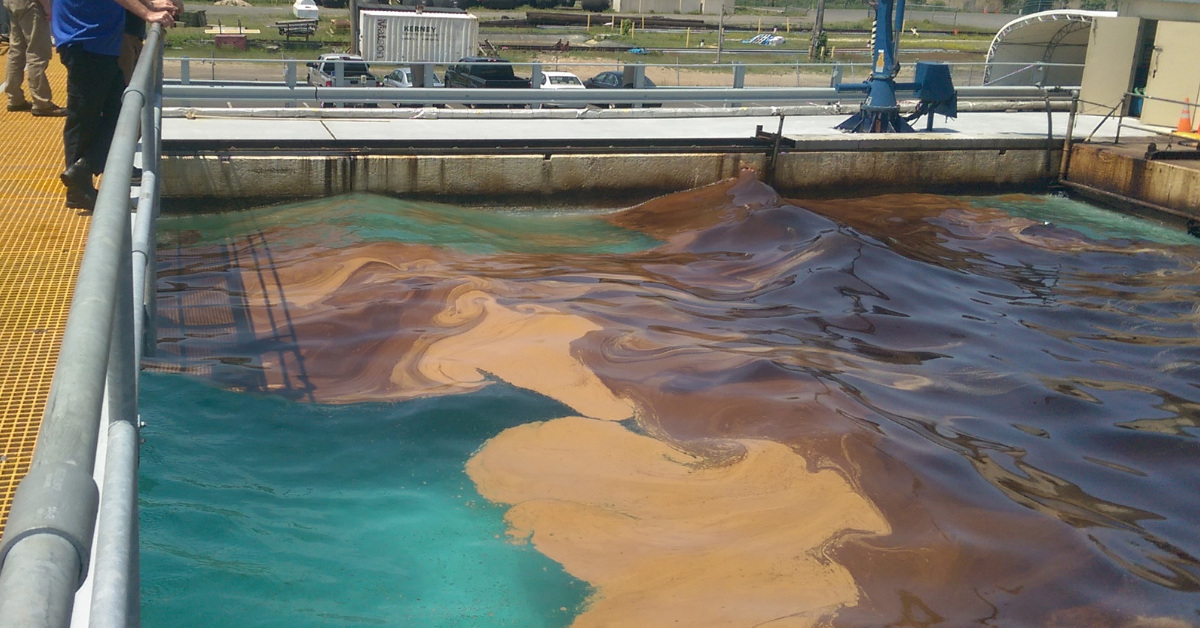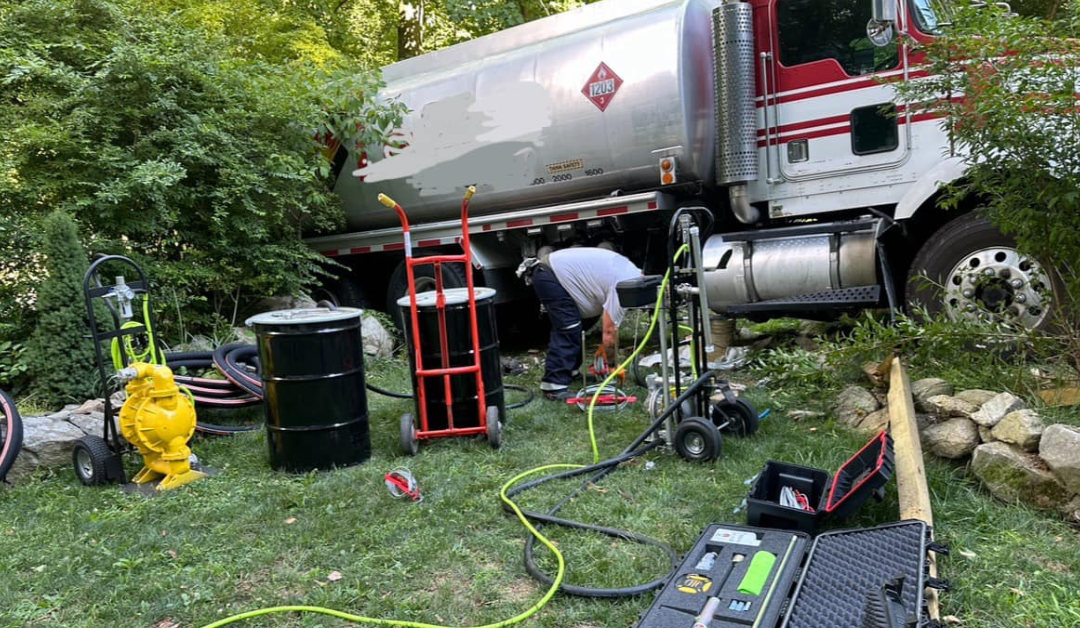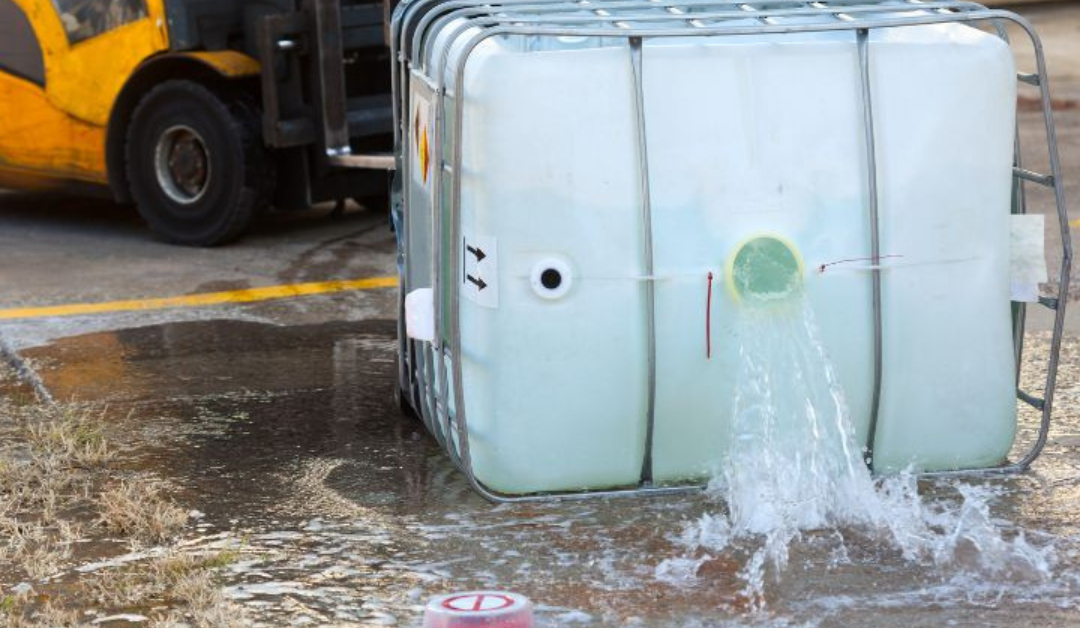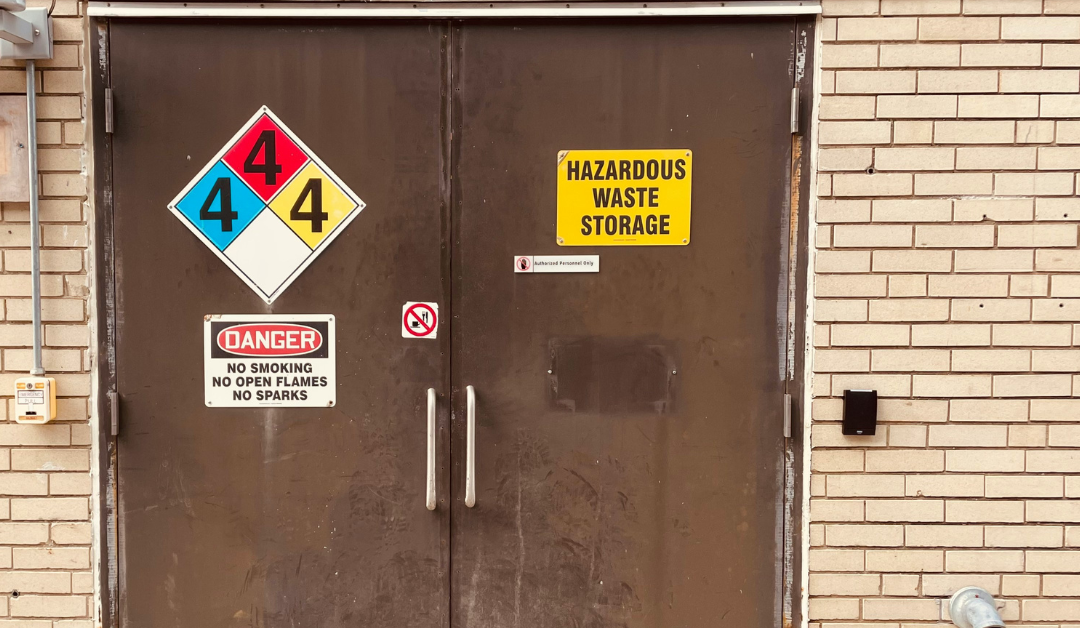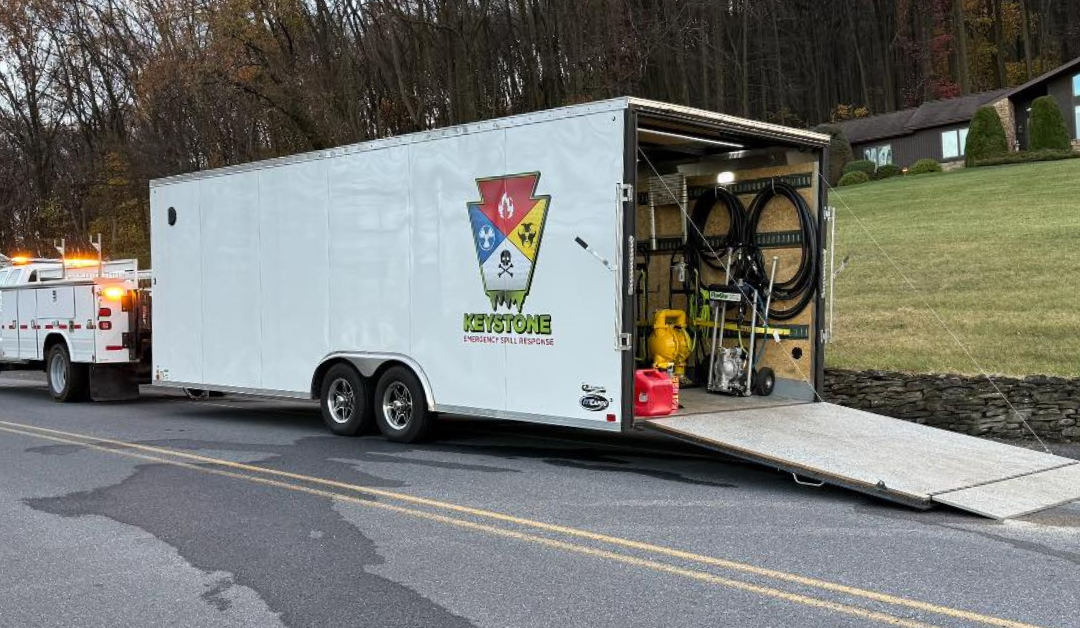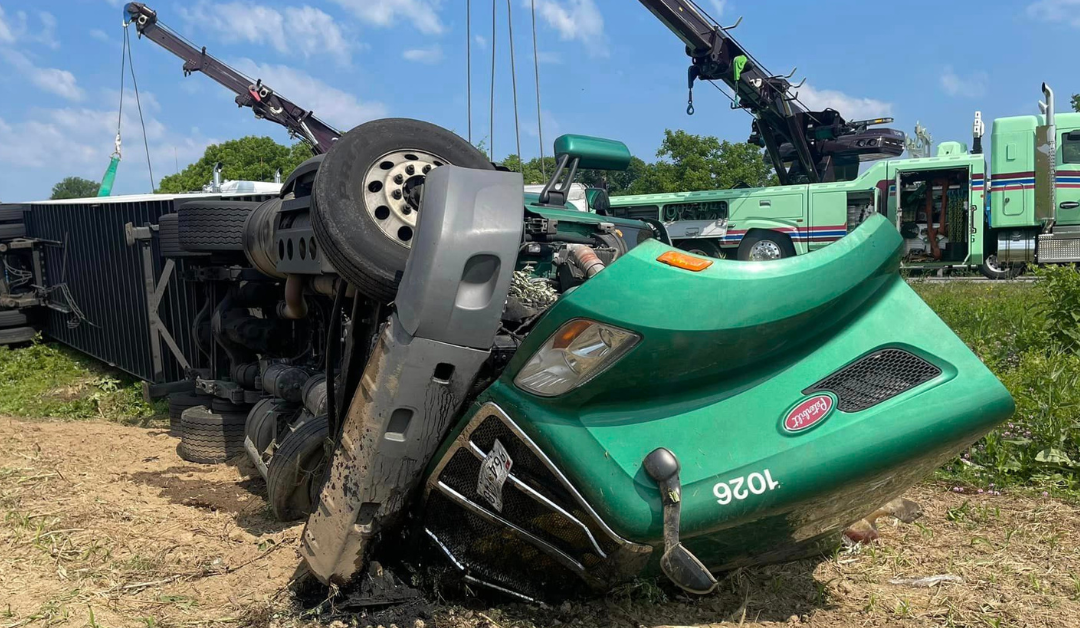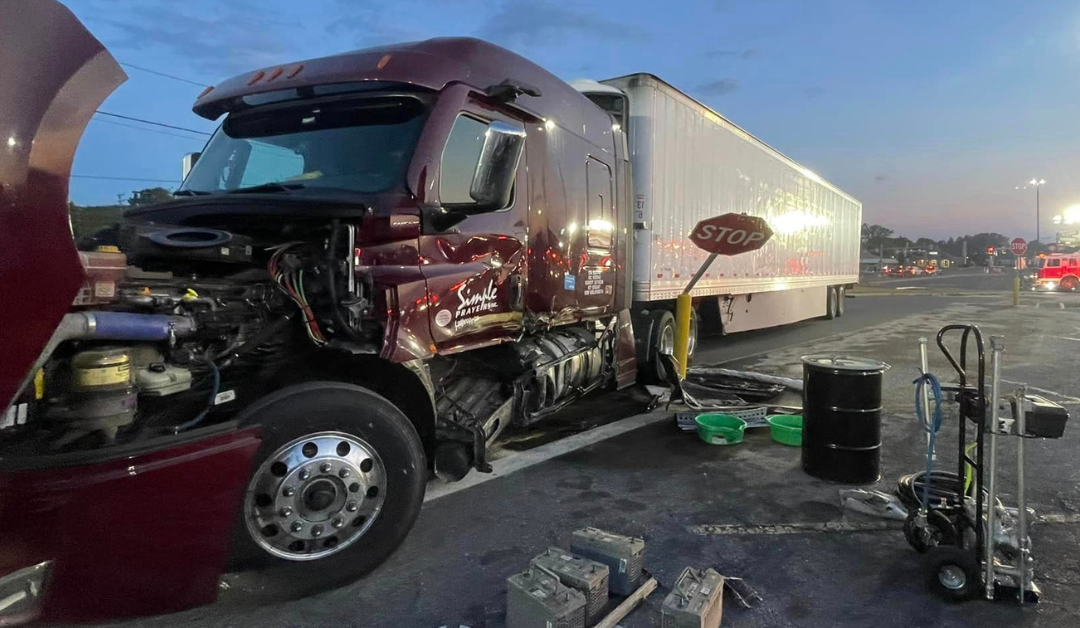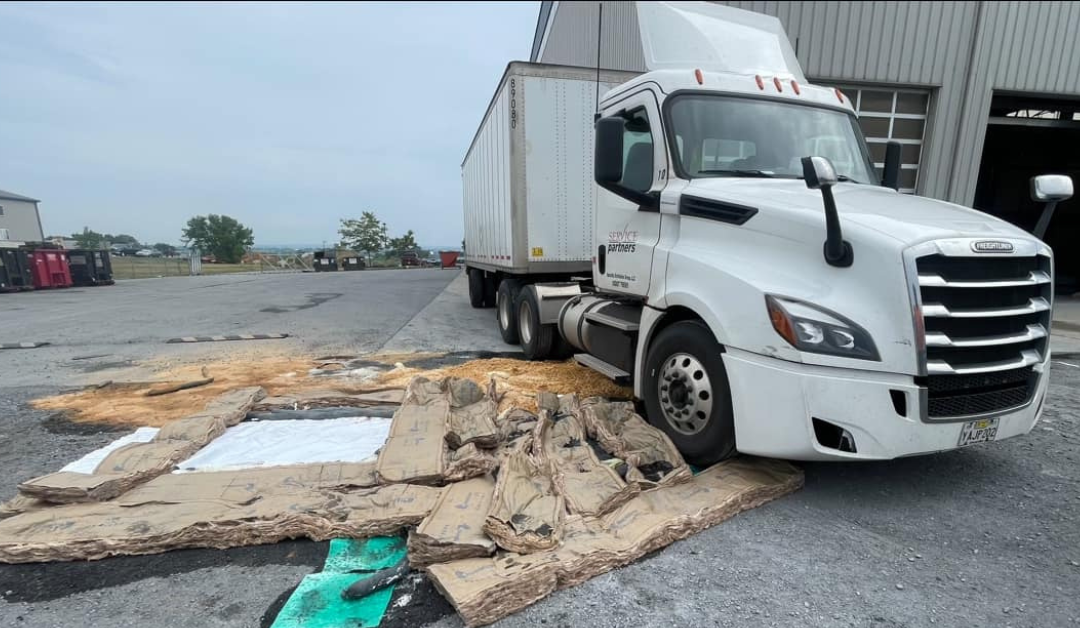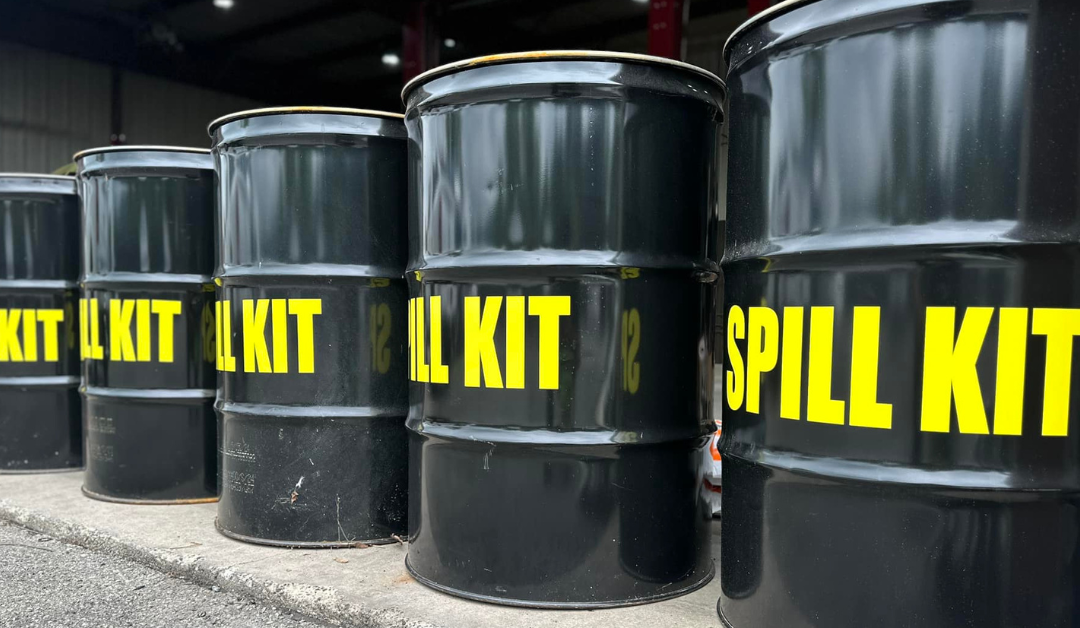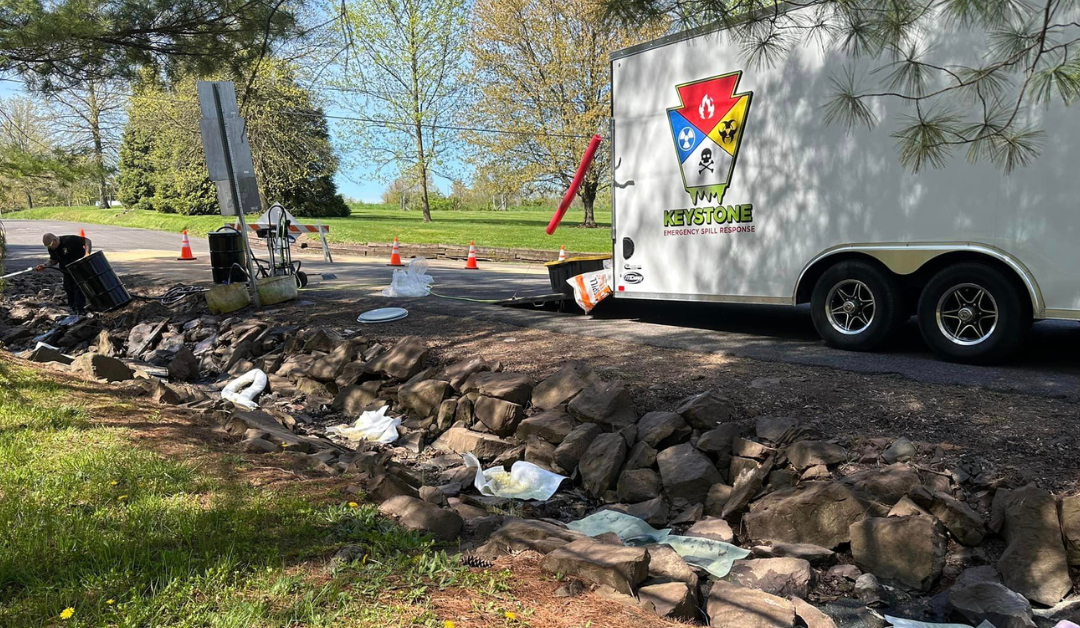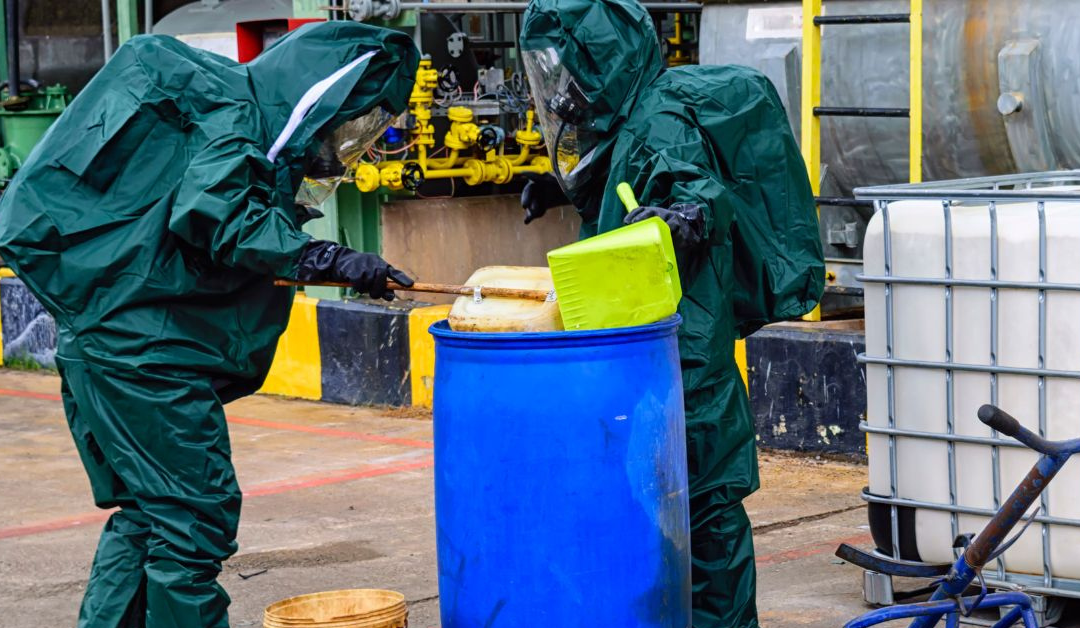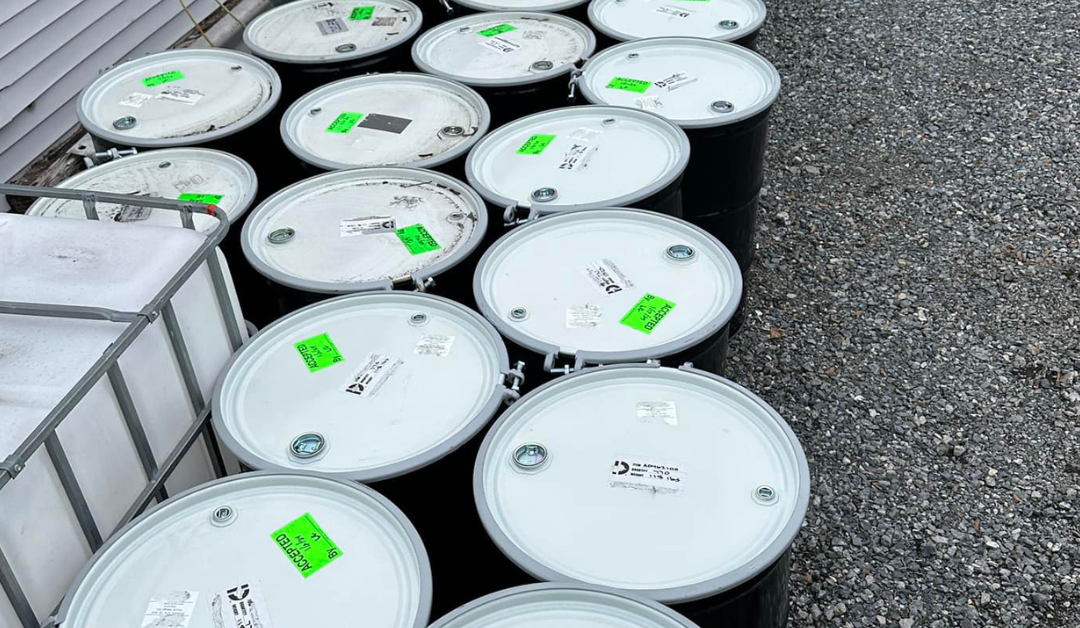Industrial spills can be dangerous and costly, affecting not only the environment but also the health and safety of workers and nearby communities. Knowing what to do when an industrial spill occurs is crucial for minimizing damage and ensuring a swift and effective response.
Immediate Actions to Take
When an industrial spill happens, quick and decisive action is necessary. Here are the steps you should follow:
Ensure Safety First: The first priority is the safety of everyone in the vicinity. Evacuate the area immediately if the spill involves hazardous materials. Make sure to follow your company’s emergency evacuation plan.
Alert Authorities: Notify your supervisor and the designated emergency response team within your organization. If the spill is large or involves dangerous chemicals, contact local emergency services and environmental agencies.
Identify the Spill: Determine the type of substance that has been spilled. This information is crucial for deciding the appropriate response measures. Use Safety Data Sheets (SDS) to understand the properties and hazards of the chemical involved.
Contain the Spill: If it is safe to do so, try to contain the spill to prevent it from spreading. Use spill containment kits, absorbent materials, or barriers to limit the affected area.
Use Personal Protective Equipment (PPE): Ensure that anyone involved in the containment and cleanup process is wearing the appropriate PPE, such as gloves, goggles, and respirators, to protect against exposure to harmful substances.
Ventilate the Area: If the spill involves volatile chemicals, ensure proper ventilation to disperse harmful fumes and reduce the risk of inhalation.
Detailed Industrial Spill Response Plan
Having a detailed response plan in place before an industrial spill occurs can significantly improve the effectiveness of your response. Here are the key components of a comprehensive spill response plan:
1. Preparation and Training
Identify Hazardous Chemicals: Regularly review and update the list of hazardous chemicals used in your facility. Ensure that Safety Data Sheets (SDS) are readily available for all chemicals.
Spill Response Training: Conduct regular training sessions for employees on how to respond to spills. This includes the proper use of spill kits, PPE, and emergency procedures.
2. Spill Containment and Cleanup
Spill Kits: Ensure that spill kits are strategically placed throughout the facility. These kits should include absorbent materials, neutralizing agents, and tools for containment and cleanup.
Containment Procedures: Develop and practice procedures for containing spills. This may involve using barriers, dikes, or absorbent materials to prevent the spread of the spill.
Cleanup Protocols: Establish clear protocols for cleaning up different types of spills. This includes the safe disposal of contaminated materials and decontamination of the affected area.
3. Communication Plan
Internal Communication: Develop a chain of command for reporting spills and coordinating the response. Ensure that all employees know who to contact in the event of a spill.
External Communication: Identify the appropriate external agencies to notify in case of a significant spill. This may include local emergency services, environmental protection agencies, and public health departments.
Who to Call When an Industrial Spill Happens
In the event of an industrial spill, knowing who to call can make a significant difference in the response time and effectiveness. Here are the key contacts you should have on hand:
Internal Emergency Response Team: Your company’s designated emergency response team should be the first point of contact. They are trained to handle spills and can coordinate the initial response.
Local Emergency Services: For large spills or those involving hazardous materials, contact local emergency services (fire department, police, and medical services) immediately.
Environmental Protection Agencies: Notify local or national environmental protection agencies, such as the Environmental Protection Agency (EPA) in the United States. They can provide guidance and support for managing the spill and mitigating environmental impact.
Professional Spill Response Companies: For significant spills, especially those involving hazardous chemicals, it is often necessary to call in professional spill response companies. These companies have the expertise, equipment, and resources to handle complex spill situations safely and effectively.
Industrial spills are serious incidents that require immediate and well-coordinated responses to minimize harm and damage. By following the steps outlined in this blog post, you can ensure that your facility is prepared to handle spills effectively. Remember to prioritize safety, have a detailed response plan in place, and know who to call for professional help. Being prepared can make all the difference in protecting your employees, the environment, and your business from the consequences of an industrial spill.
Follow us on Facebook to stay up to date with the latest at Keystone Emergency Spill Response.

